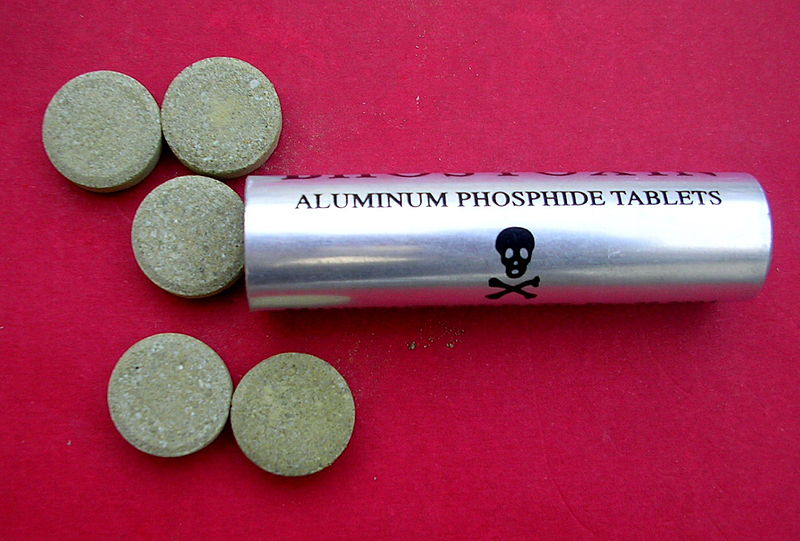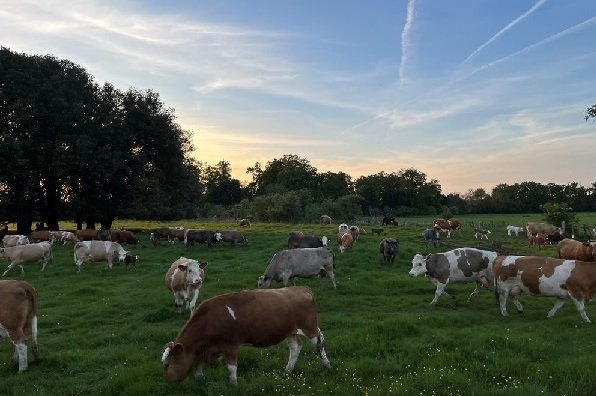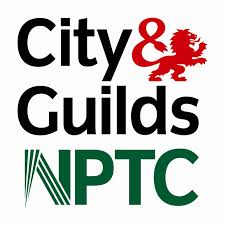Safe use of Aluminium Phosphide


Our two day safe Use of Aluminium Phosphide for Vertebrate Pest Control course has been developed in conjunction with industry and RAMPS (UK) to ensure users of Aluminium Phosphide are adequately trained and leads to the NPTC or Lantra qualification. Aluminium Phosphide is a dangerous compound which used incorrectly can be hazardous to the health and safety of users, the general public and non-target animals, therefore it is essential that people are trained properly in the safe use of aluminium phosphide. Competence in the activity is assessed through a practical observation and short answer questioning. Our Safe Use of Aluminium Phosphide for Vertebrate Pest Control training course underpins this qualification.
Who is the course for: The qualification is aimed at anyone who wishes to control vertebrates using aluminium phosphide in a commercial environment and is suitable for pest control operatives, farmers, gamekeepers and greenkeepers, and particularly those who have already undertaken training in the area. This qualification will appeal to people in agriculture, horticulture, conservation, sports management, and related industries where it is necessary to use aluminium phosphide to control vertebrate pests.
Pre Course Requirements:- None
Certificating body:- Lantra or NPTC
Course Length:- two days including assessment
Course Times:- 9.00AM to 4.30PM
Instructor:- Richard Strand
Cost:- £325 per person including assessment + VAT assessment. In house courses can be arranged to suit clients.
Venue:- Marsh Hill Farm, Marsh, Aylesbury. HP17 8ST or to suit client.
Maximum number of delegates:- 6 depending on Covid-19 restrictions.
Course Content;
Back to Landbased Courses


